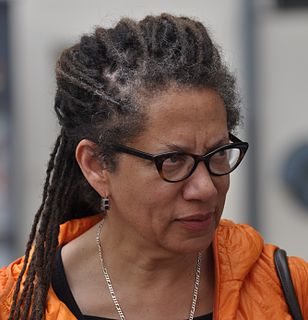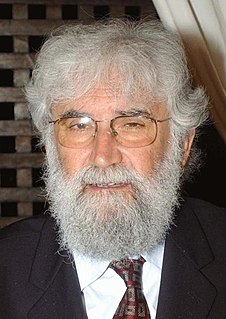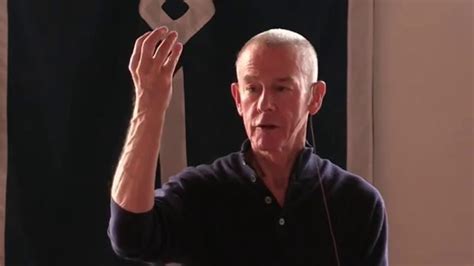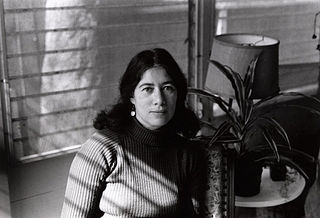A Quote by Nikky Finney
In every one of these haunting and hungry poems, Howell draws a map for how to enter the heat and dew of the human being, naked and facing the natural world, desperate to feel. I did not realize while reading Render how deeply I was handing everything over.
Related Quotes
I believe it's impossible to write good poetry without reading. Reading poetry goes straight to my psyche and makes me want to write. I meet the muse in the poems of others and invite her to my poems. I see over and over again, in different ways, what is possible, how the perimeters of poetry are expanding and making way for new forms.
There must be limits, somewhere, to the human footprint on this earth. When the whole of the world is reduced to nothing but human product, we will have lost the map that can show us how we got here, and can offer our spirits an answer when we ask why. Surely we are capable of declaring sacred some quarters that we dare not enter or possess.
It considers not only how we relate to others, but how we relate to our ideas of others so that a completely phony, non-human replica of a dead wife can inspire the same feelings that the wife herself once did. That is a peculiarity of humans: We feel the same emotions for our ideas as we do for the real world, which is why we can cry while reading a book, or fall in love with movie stars. Our idea of humanity bewitches us, while humanity itself stays safely sealed away into its billions of separate containers, or "people.
Dharma is not about credentials. It's not about how many practices you've done, or how peaceful you can make your mind. It's not about being in a community where you feel safe or enjoying the cachet of being a 'Buddhist.' It's not even about accumulating teachings, empowerments, or 'spiritual accomplishments.' It's about how naked you're willing to be with your own life, and how much you're willing to let go of your masks and your armor and live as a completely exposed, undefended, and open human person.
What is this gypsy passion for separation, this readiness to rush off when we've just met? My head rests in my hands as I realize, looking into the night that no one turning over our letters has yet understood how completely and how deeply faithless we are, which is to say: how true we are to ourselves.
I wrote the poems in Charms Against Lightning one by one, over almost a decade, and I did not write them toward any theme or narrative. But once I really got serious about putting together a book, I began to see that in fact there were themes across the poems, if only because my own obsessions had brought me back time and again to the same ground. I realized that any ordering of the poems would determine how those themes developed over the manuscript, and how the collection's dramatic conflicts were resolved.
And most of all, books. They were, in and of themselves, reasons to stay alive. Every book written is the product of a human mind in a particular state. Add all the books together and you get the end sum of humanity. Every time I read a great book I felt I was reading a kind of map, a treasure map, and the treasure I was being directed to was in actual fact myself.
If this being is omnipotent, then every occurrence, including every human action, every human thought, and every human feeling and aspiration is also His work; how is it possible to think of holding men responsible for their deeds and thoughts before such an almighty Being? In giving out punishment and rewards He would to a certain extent be passing judgment on Himself. How can this be combined with the goodness and righteousness ascribed to Him?
Anne Pitkin's poems have such lyrical sweep, such a sensitive eye for the natural world as it touches the human, that reading Winter Arguments is like seeing a landscape or, better, a richly realized painting of a landscape dotted with figures. But that would leave out their music, which would be a loss. This is a wise and graceful book by a well-traveled woman who knows how to confront deep feeling and frame it to make it all the more intense.
Reading changes your life. Reading unlocks worlds unknown or forgotten, taking travelers around the world and through time. Reading helps you escape the confines of school and pursue your own education. Through characters - the saints and the sinners, real or imagined - reading shows you how to be a better human being.
I had brief glimpses of emotional catharsis while writing. I remember reading something Philip Roth wrote about how he writes every single day, but it's almost as if he has amnesia every morning - he has almost zero confidence that anything will come but he just sits down and plugs away. And at the end of the day it feels like a miracle: "How did I do that?" I had a similar experience where it was just about putting in the hours and being present.







































